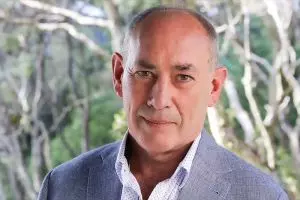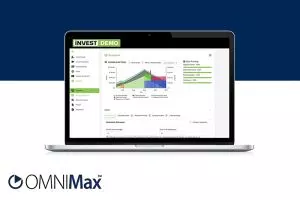Capital protected income fund arrives
With the popularity of capital protected funds it is little surprise that a manager has rolled out a capital protected income fund.
The first on the block in New Zealand is the PINS fund from Sydney-based manager Absolute Capital.
PINS is essentially a multi-manager international fixed interest fund with capital protection from Dutch bank AB...



![[OPINION] Tax Efficiency vs. Real Returns: Are you being penny wise and pound foolish?](https://goodreturns.publit.io/file/c_fill,w_300,h_200/eb495911-87ec-46c6-9a16-6eeb5c81e7fb-9.webp)






